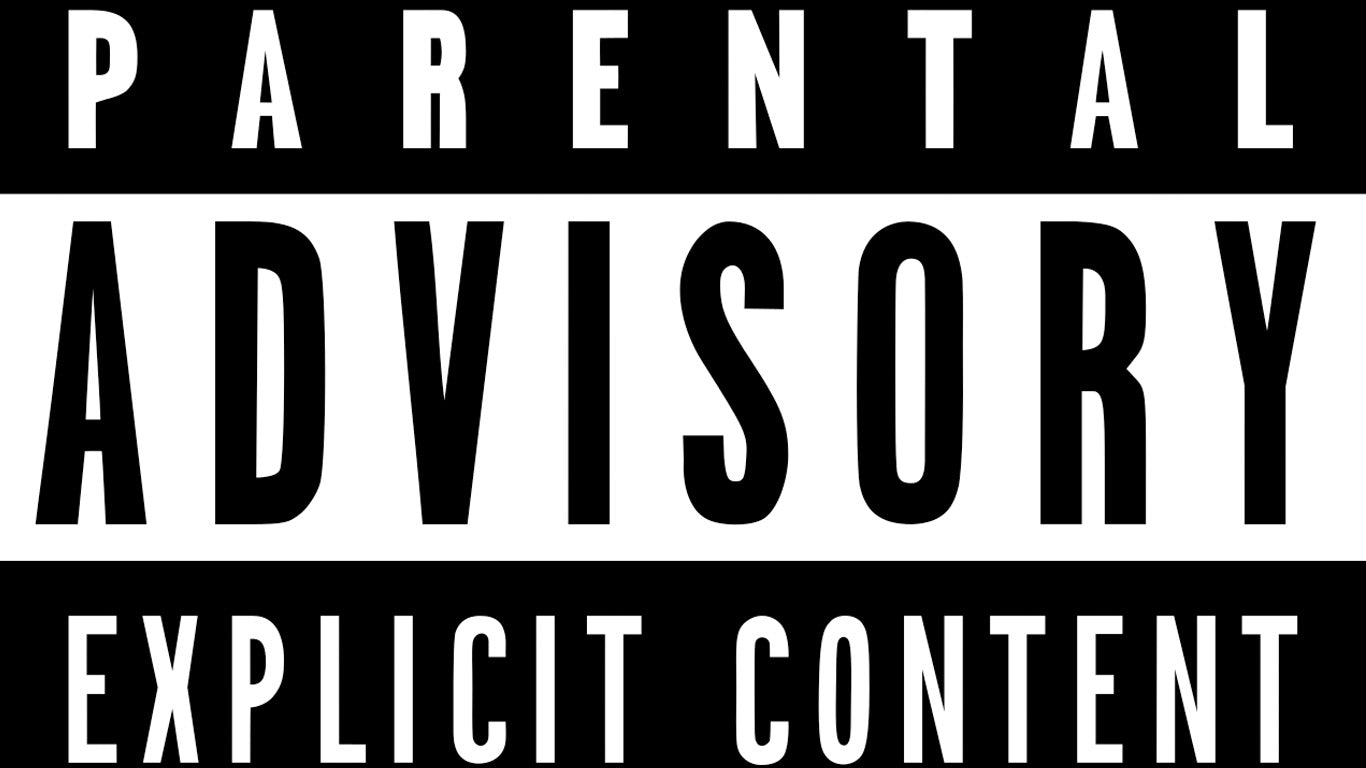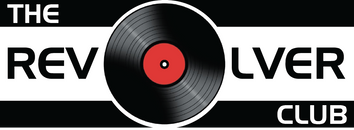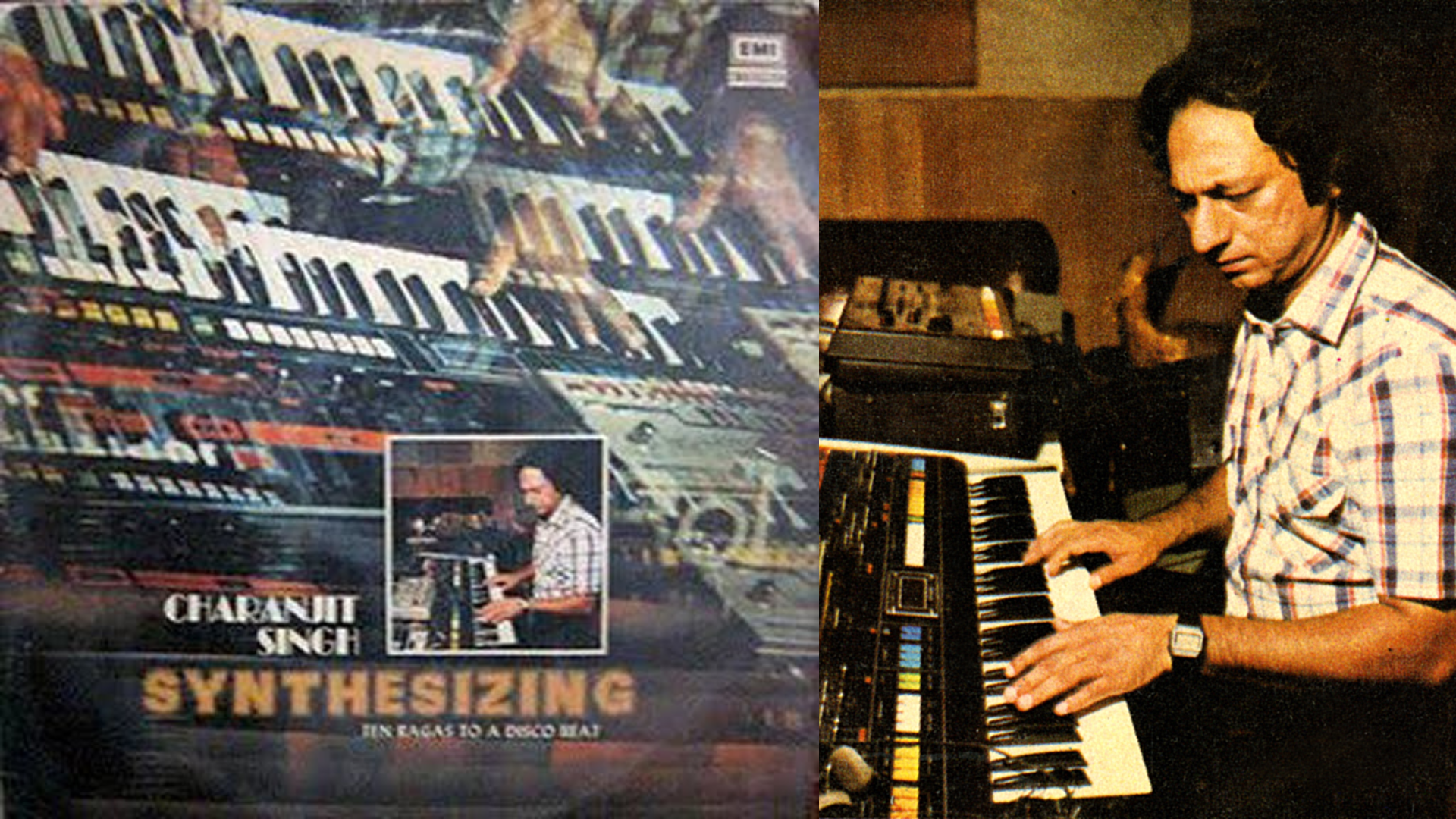The Story of 'Parental Advisory: Explicit Content' Sticker

The "Parental Advisory: Explicit Content" sticker is a cautionary marking attached to music albums, video games, and various media forms that include explicit or potentially offensive material.
The story begins with Tipper Gore, the wife of then Senator Al Gore, who decided to gift her daughter the Purple Rain album by Prince.
Although we are unsure of her overall thoughts on Prince's work, she was taken aback by a reference to female m*sturbation in the song "Darling Nikki."
Soon after, a group of wives of 10 Senators, 6 Representatives, and a Cabinet Secretary formed the Parents Music Resource Center (PMRC). Their objective was to address the issue of what they considered to be 'p*rn rock music' and bring it to a congressional hearing.
Tipper stated that the goal of record labeling was to provide parents and communities with information about the content their children were exposed to; rather than interfering with the creative process of recording artists.
The PMRC wanted a structured warning label similar to the film rating system. After discussions and negotiations with the RIAA, the matter was taken to a hearing with the United States Senate Committee on Commerce, Science, and Transportation.
During the congressional hearing, Frank Zappa, along with John Denver and Dee Snider, testified against what they saw as artistic censorship.
They considered the hearing a misallocation of government resources, suggesting that it wouldn't have reached Congress if the women involved with PMRC weren't married to powerful men. Despite their opposition, the PMRC emerged victorious.
In 1990, the "Parental Advisory: Explicit Lyrics" black-and-white label was introduced, appearing first on 2 Live Crew's album "Banned in the U.S.A." By May 1992, approximately 225 records had been marked with this warning.

Initially, some artists worried about the impact of these labels on album sales. However, it turned out that these labels became somewhat desirable.
Artists like NWA became a classic example of this phenomenon. Kids would peel off the labels just in time before their mothers could see, seeking out the "forbidden" music even more.






Comments